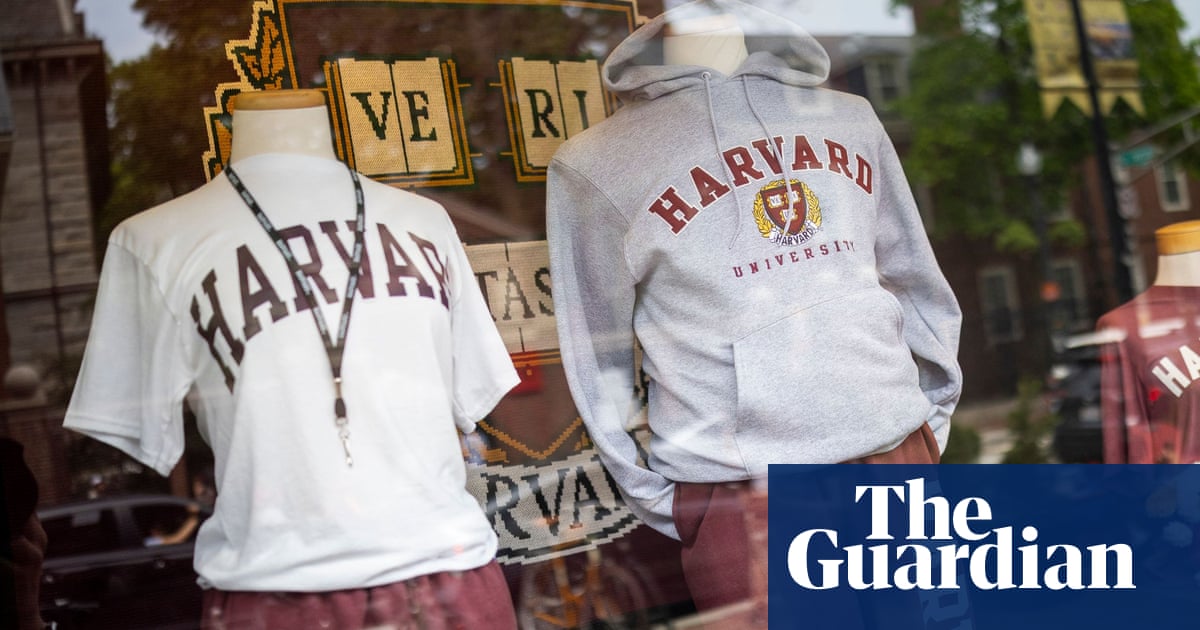TheTrump administrationhas ordered US consulates worldwide to conduct mandatory social media screening of every visa applicant seeking to travel toHarvard University, with officials instructed to view private accounts as potential signs of “evasiveness”.
A state department cable signed by the US secretary of state,Marco Rubio, and dated Friday, obtained by the Guardian, requires immediate enhanced vetting of all Harvard-bound students, faculty, staff, speakers and other visitors as part of what officials describe as a pilot program that could expand to other universities. The policy takes effect immediately at all US embassies and consulates.
The directive is an unprecedented targeting of a single American institution and the latest attempt to single out the US’s oldest university over alleged failures to combat campus antisemitism. It also comes as the administration has attempted to freeze visa interviews for all foreign students nationwide. The cable was first reported byPolitico.
Consular officers must now refuse Harvard visa applications until fraud prevention units complete “comprehensive and thorough vetting” of applicants’ entire online presence. Officials are also instructed to view private social media accounts or a limited online presence as potentially “reflective of evasiveness” that calls into question the applicant’s credibility.
The cable explicitly links the enhanced screening to concerns that “Harvard University failed to maintain a campus environment free from violence and antisemitism”, citing information from the Department of Homeland Security. It aims to identify applicants with “histories of antisemitic harassment and violence”.
The state department did not respond to a request for comment.
The policy builds on Trump’s antisemitism executive order, which the president signed in January, describing the scenario as an “unprecedented wave of vile antisemitic discrimination, vandalism and violence”, linked to the Hamas attacks on Israel on 7 October 2023 and the subsequent lopsided war in Gaza with more than 50,000 killed.
The measures significantly escalate existing screening that has primarily targeted students who participated in pro-Palestinian campus protests. Since March, state department officials have conductedmandatory social media reviewsof returning students, taking screenshots of “potentially derogatory” content for permanent records.
Rubio told senators last week his department hasrevoked visas“probably in the thousands at this point”, up from more than 300 reported in March. The visa restrictions threaten to compound existing challenges facing higher education institutions already experiencing declining international enrollment.
The Harvard directive comes as theTrump administrationwages a broader confrontation with elite universities. The government has stripped Harvard of billions in research funding, entered dueling litigation with the Cambridge, Massachusetts, institution and briefly suspended its ability to enroll international students before a federal judge blocked the action.
More than 1 million foreign students study in the US, contributing nearly $43.8bn to the economy and supporting over 378,000 jobs, according toNafsa. The administration’s expanded screening requirements could severely delay visa processing across the sector.
The cable indicated the Harvard pilot “will be expanded over time” and similar enhanced vetting could be applied to “other groups of visa applicants as appropriate”.
